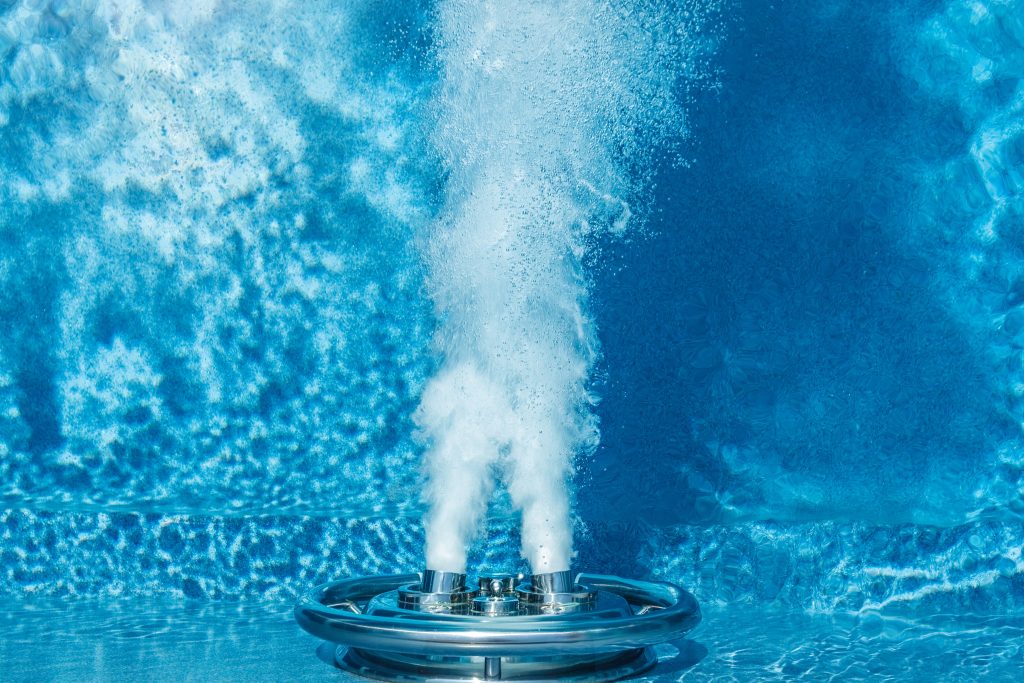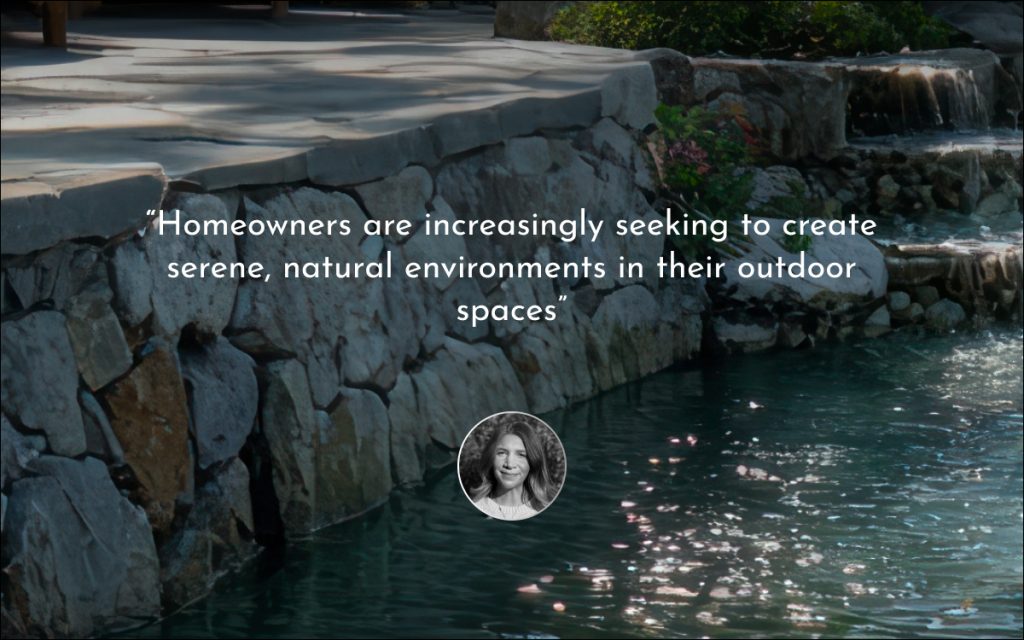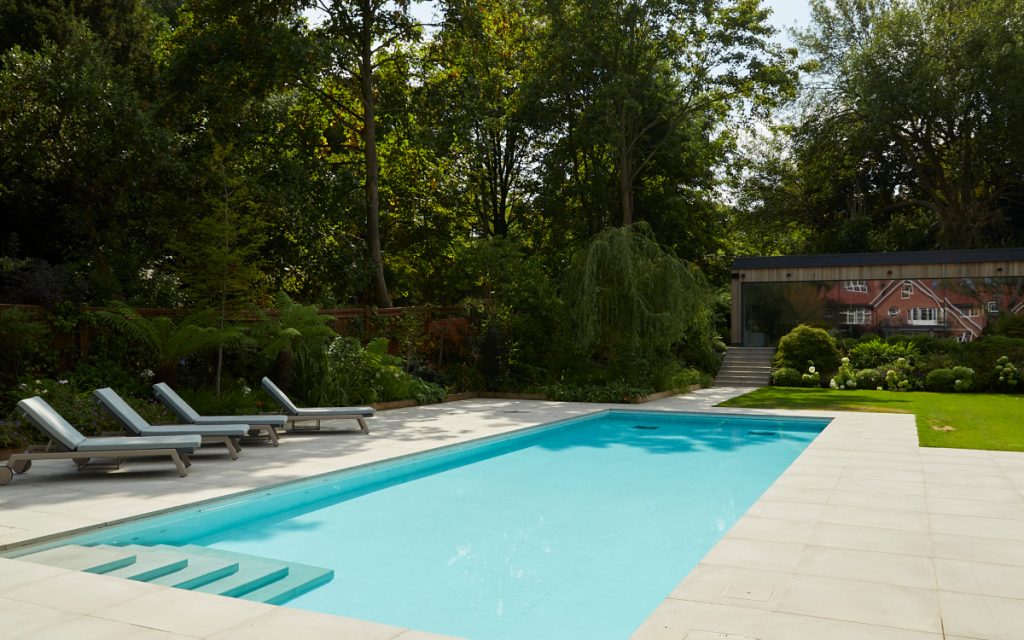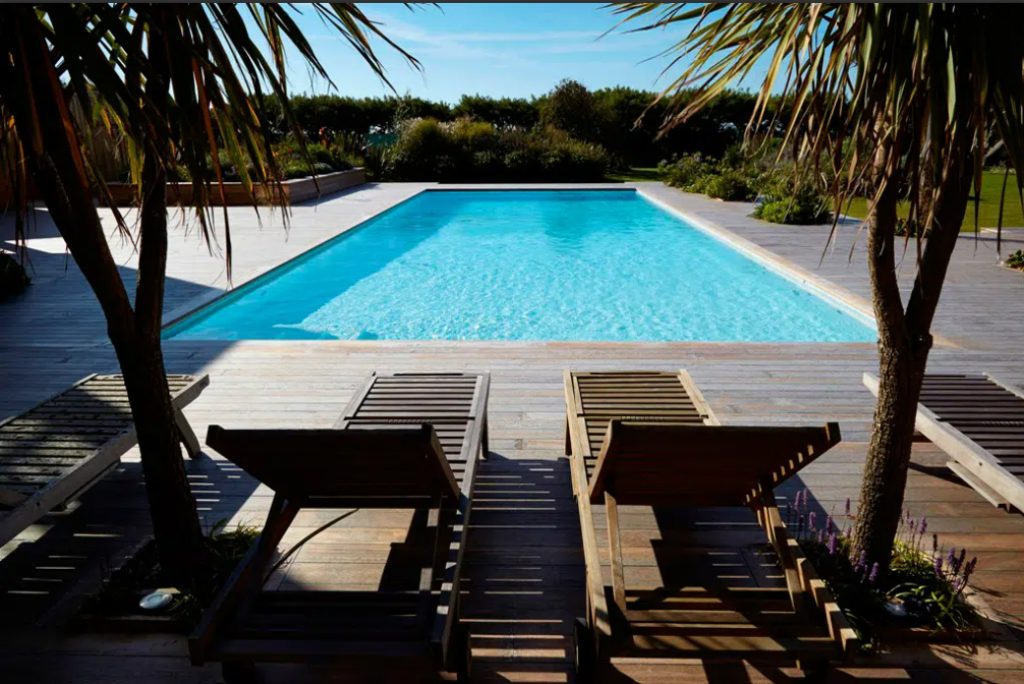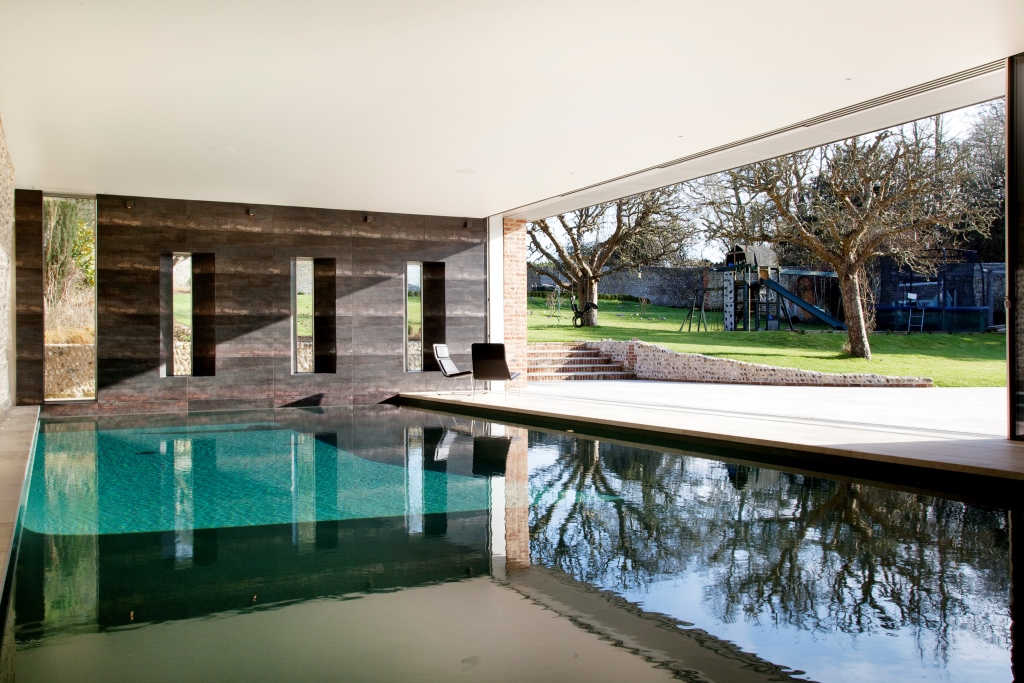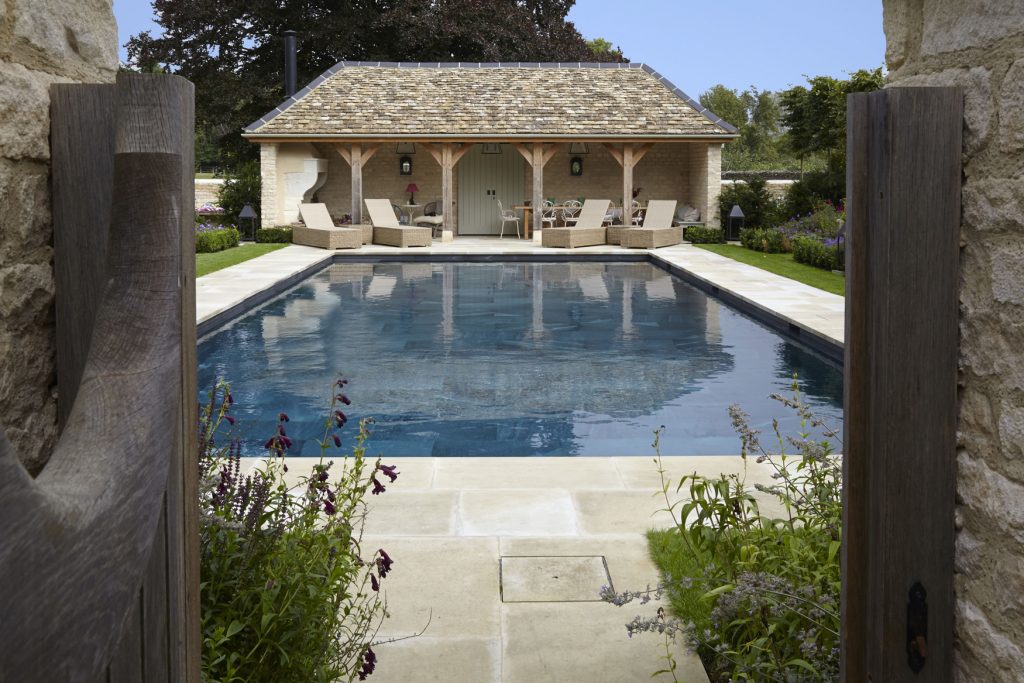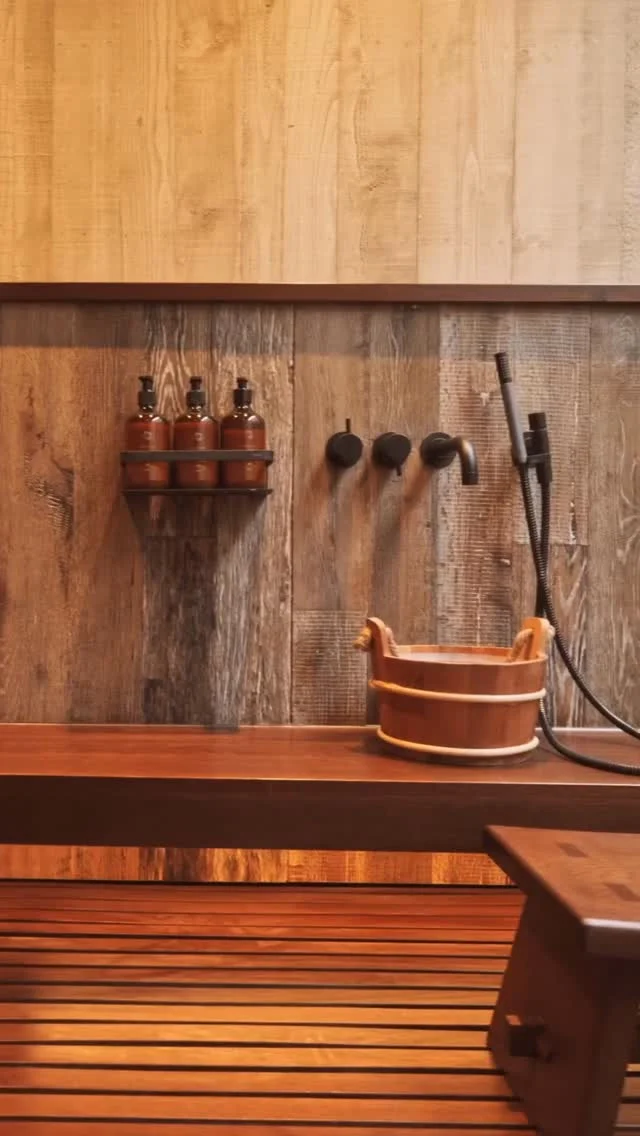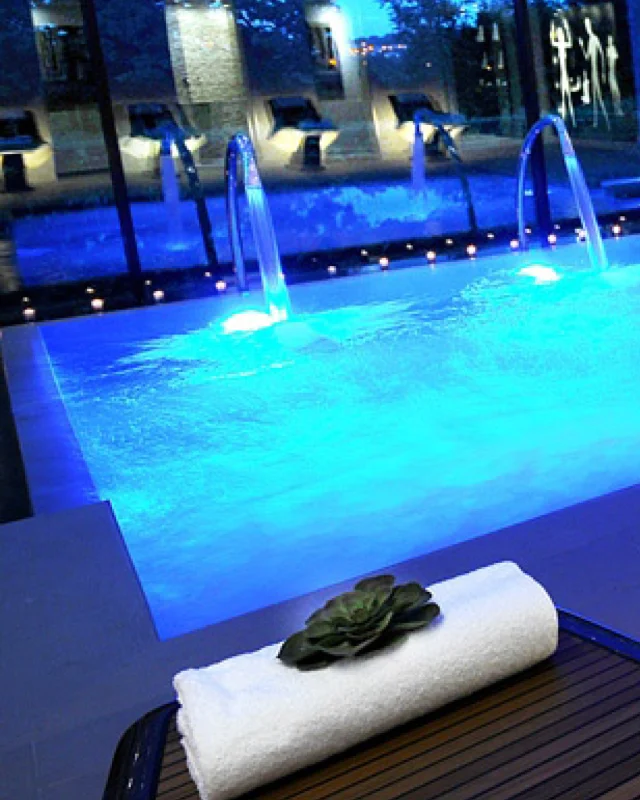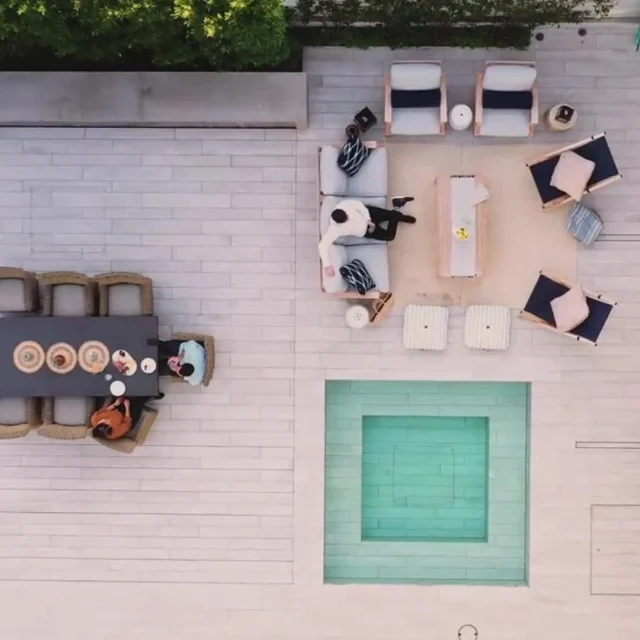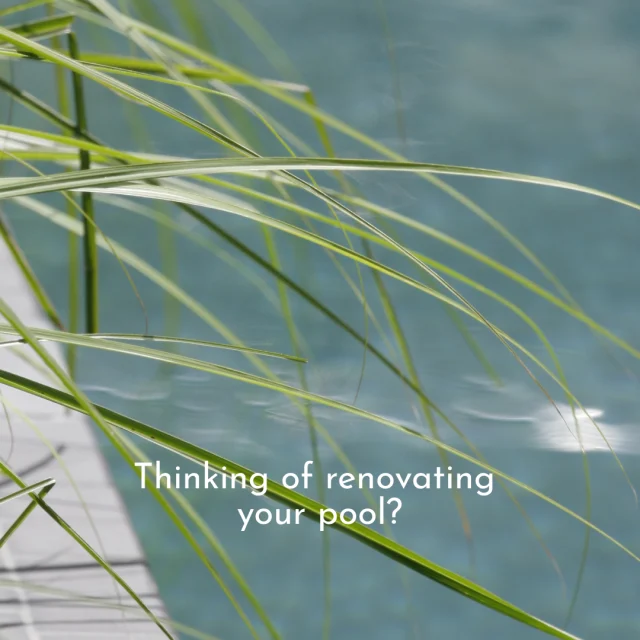
ARTICLE INTRODUCTION
Rooftop and basement swimming pools are no longer rare indulgences. They are fast becoming architectural centrepieces. Whether it is a serene rooftop infinity pool overlooking a city skyline or a subterranean wellness retreat, these pools offer a unique blend of sophistication and innovation. However, behind the elegance lies a complex web of engineering challenges that demand expert solutions.
At Guncast, we specialise in the design and construction of bespoke swimming pools across the UK, including some of the most technically demanding rooftop and basement installations. Here, we explore the structural and mechanical considerations that go into making these extraordinary pools a reality.
Why Choose a Rooftop or Basement Pool?
Urban environments often present spatial limitations, making vertical design solutions increasingly attractive. Rooftop pools allow developers to maximise underutilised space while offering panoramic views and a sense of exclusivity. Basement pools, on the other hand, provide a private, tranquil escape that is ideal for wellness areas, spas, or home gyms.
Both options significantly enhance property value and appeal, particularly in high-end residential and hospitality developments. However, they also introduce unique engineering demands that must be addressed from the outset.
What are the Structural Challenges in Rooftop and Basement Pool Construction?
Rooftop Pools
Constructing a rooftop swimming pool requires meticulous structural planning. The building must be capable of supporting the additional load of the swimming pool, water, and users. This often involves reinforcing the existing structure or incorporating load-bearing elements into the initial design.
Other considerations include:
- Wind and weather exposure: Rooftop pools are exposed to the elements. This requires robust waterproofing and drainage systems to prevent water ingress and damage.
Basement Pools
Basement pool construction presents a different set of challenges:
- Excavation and underpinning: Particularly in dense urban areas, excavation must be carefully managed to avoid destabilising neighbouring structures.
- Hydrostatic pressure: Groundwater can exert significant force on basement walls and floors. Effective waterproofing and structural design are essential to prevent leaks or structural failure.
- Integration with existing foundations: Retrofitting a basement pool into an existing property requires precise engineering to avoid compromising the building’s integrity.
Mechanical Systems and Engineering Considerations
Beyond the structural aspects, rooftop and basement pools require sophisticated mechanical systems to function efficiently and discreetly.
- Plant room design: Space is often limited, especially in basements. Compact, high-performance equipment must be carefully selected and positioned for easy access and maintenance.
- Ventilation and humidity control: Indoor pools, particularly in basements, need advanced HVAC systems to manage moisture and prevent condensation. This helps avoid mould growth and structural damage.
- Water treatment and circulation: Ensuring crystal-clear water in a confined space requires intelligent filtration and dosing systems. These are often integrated with smart pool technology for remote monitoring.
- Noise and vibration: Mechanical systems must be acoustically isolated to maintain the serene atmosphere expected in luxury environments.
Innovative Solutions for Complex Pool Projects
There is a range of advanced technologies and materials available to overcome these challenges, including:
- Lightweight pool shells: Materials like stainless steel help reduce structural load, making them ideal for rooftop installations. Unlike concrete, which is prone to cracking, stainless steel also offers a much higher likelihood of being completely waterproof.
- Prefabricated structures: Off-site fabrication allows for greater precision and faster installation. This is particularly useful in restricted-access locations.
- Advanced waterproofing systems: Multi-layer membranes and integrated drainage solutions ensure long-term protection against water ingress.
- Smart pool systems: Control systems allow clients to manage lighting, temperature, and water quality remotely. This enhances convenience and efficiency.
Basement and Rooftop Pool Projects
See below examples of our work:
- Colourful Basement Pool in London
- Contemporary Basement Pool in London
- Rooftop Swimming Pool for Luxury Apartments
Our Design Process
Every rooftop or basement pool project begins with a collaborative design process. We work closely with architects, structural engineers, mechanical and electrical consultants to ensure every detail is considered, from initial concept through to final commissioning.
We visualise and resolve potential issues early in the design phase. Our in-house engineering team ensures that all mechanical and structural systems are seamlessly integrated. This delivers a flawless finish that meets the highest standards of luxury and performance.
Engineering Excellence in Every Detail
Engineering a rooftop or basement pool is a complex undertaking. However, with the right expertise, it can result in a truly spectacular addition to any property. At Guncast, we bring decades of experience in luxury pool design and construction. We deliver bespoke solutions that are as technically sound as they are visually stunning.
If you are considering a rooftop or basement pool for your next project, get in touch with our team to explore how we can bring your vision to life.

